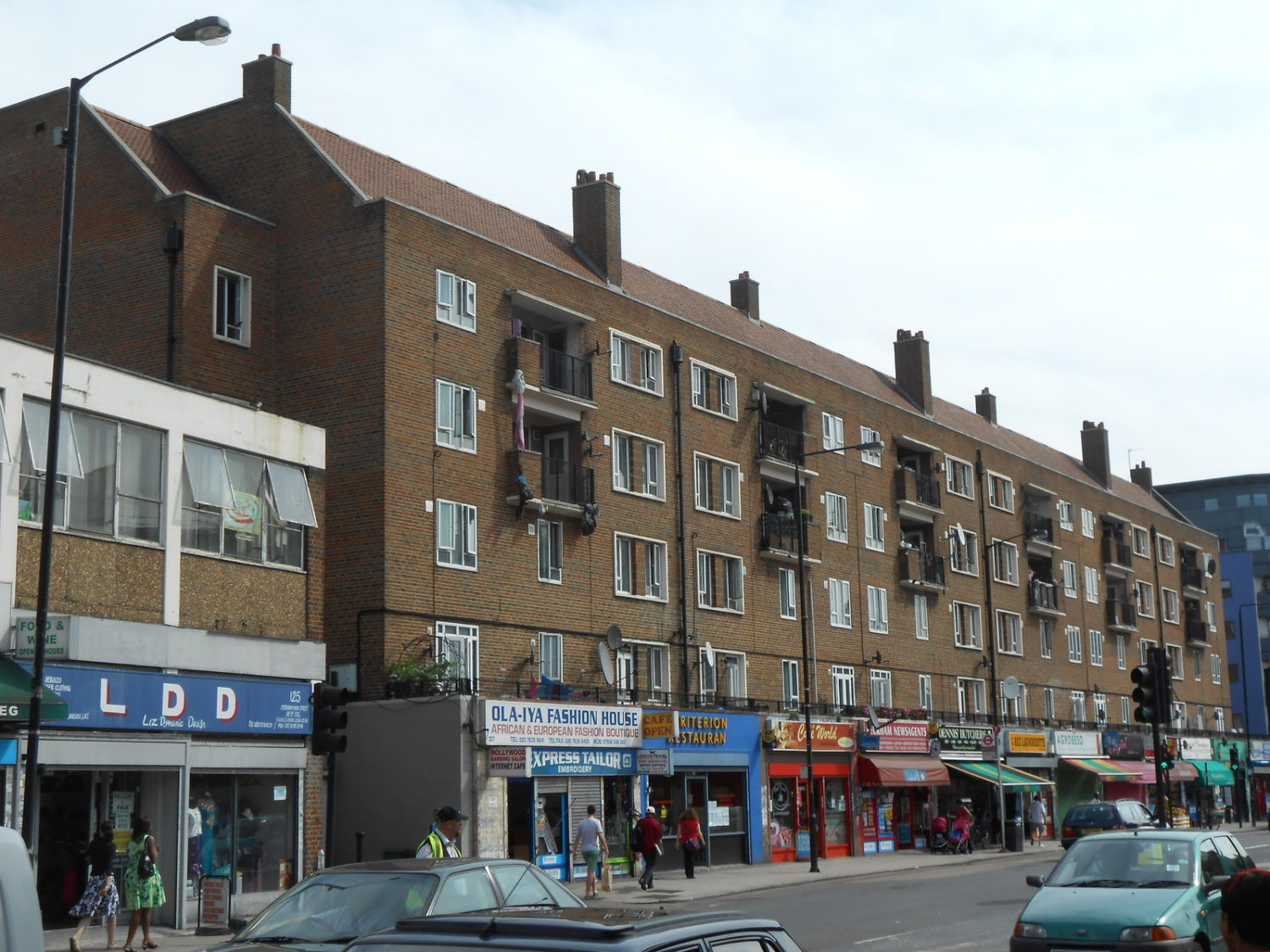Root causes
The cost of living crisis is a cost of housing crisis, argues Osama Bhutta
The country is in the grip of a cost of living crisis. In response, the government has thrown money at the energy sector – all while firms producing a vital product which people cannot afford declare record profits. Predictably, this energy bailout is now being used to justify the usual toolbox of spending cuts, this time with added tax rises.
The government’s response misses the root of the problem, but those critical of the government’s policies often do too. The focus has rightly been on the terrible choices people are making between necessities, but only some necessities, mainly food and heating, seem to count. Strangely, the largest outgoing in many people’s monthly budget is barely talked about: rent.
Rents have been rising along with inflation and interest rates. Median rents listed by estate agents across the UK are up 12 per cent in the last year, and up 28 per cent from the average asking price in 2019. Young people, those on lower incomes, and many more to the tune of 11 million people have been scrambling for ever fewer, often poor-quality rentals. Paying up to half your income on rent has been typical for years, with some paying even more. This sizeable bite into incomes is what means people can’t afford food and heating: it is the high cost of housing which is making a tin of beans unaffordable.
The rental market status quo was always going to leave people vulnerable to global shocks. Housing is a vital part of our national infrastructure: when it is solid, it gives us resilience to whatever wars and viruses the world outside might throw at us. But even before the war in Ukraine, people in the UK were working full-time jobs and still couldn’t warm their homes, feed themselves, and keep a roof over their heads. In the years to come, climate change may mean more unpleasantness coming our way. Whatever the acute problem happens to be at any given time, its impact on people’s living standards will always be intrinsically tied to their living situation.
The terrible irony is that housing is one of the few things we have control over. We can’t do anything about which countries Vladimir Putin invades; we can’t force the Saudis to cut oil prices; we can’t fix Chinese supply chains. But we can take control of our housing. That’s why it is crucial to get everyone into a decent, safe and affordable home as a matter of urgency. For decades now, we’ve conducted a dangerous experiment in this country through our overreliance on the private rental sector. We must state the results clearly: it has failed.
What we need now is a new generation of social housing to replace what we sold off. That was the promise when Right to Buy was brought in, and it was not kept. The government urgently needs to make funding available and fix land and planning regulations which make building new social housing prohibitively expensive.
Fixing our broken housing market won’t only help renters. While we are often too quick to treat economic growth as an end in itself, forgetting that the purpose of growth should be to make people’s lives better, it is still important. Insofar as we do aim for growth, this goal is dependent on us fixing housing policy. When we talk about engines of growth like education and research, we go some way to recognising that it is the ingenuity of the British people that will take the ashes of our post-colonial, post-financialisation, post-covid country, and come up with a new way of doing things. Our people will not have the headspace to do this while they are worrying about whether they will be able to keep themselves and their families in a home next month. By wiping away these anxieties we can unleash our country’s potential. Our delivery of these homes will not just make us resilient in the face of future events; it will get the nation on the front foot and ready to shape that future.
Doing this will not be expensive. Around 0.5 per cent of GDP would be enough to hit the consensus estimate of 90,000 new social homes per year for the next decade or two. When justifying austerity, the government has often lurched towards a disputed comparison of the state’s budget to that of a household. Yet, through their short-term cost-cutting, they have ensured that many households can’t afford a house.
We have commodified housing in the last few decades. We know about house prices, but not their true value. People talk about their property portfolios as their pension. The stock of social and council housing in this country is our collective future. The best of this housing which we once had was sold off and created the housing emergency we are now living through. If we are to withstand future crises, it is time to rebuild our assets.
Image credit: Housing block on Peckham High Street by Andrew Wilson, CC BY-SA 2.0 via Wikimedia Commons
Image credit: 121/123 Friary Road, Peckham by David Anstiss, CC BY-SA 2.0 via Wikimedia Commons

